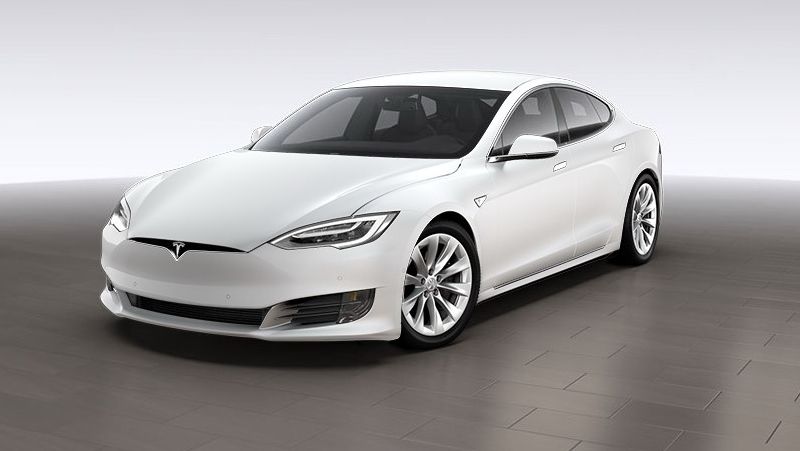There’s no denying that EV’s are slowly gaining a foothold in the automotive world. What started out as just a couple lonely vehicles with very poor range has turned into models like the Tesla Model S, Chevy Bolt EV, and Renault Zoe that all prove that range anxiety doesn’t have to be something that holds us back from transitioning away from our dependency on fossil fuels to get from point A to point B. Now, a new report from consultants McKinsey & Company and Bloomberg New Energy Finance that was presented at the Future of Energy Summit in London has shown that wealthier cities such as London or Singapore could see as many as two-thirds of vehicles on the road powered by electricity.
The study has shown that technology costs are falling quite rapidly with the cost of lithium ion battery packs falling by 65 percent last year to around $350 per kWh. Back in 2010, that same piece of technology was going for $1,000 per kWh. The report claims that at this rate, the price is expected to drop to as low as just $100 per kWh in the next 10 years. To put that into perspective, at the current cost of $350 per kWh, the 30 kWh battery in the Nissan leaf costs about $10,500. If this study is correct, 10 years from now that same battery could cost as little as $3,000. This means that manufacturers could include larger battery packs (which mean better range) without upping the base price of the vehicle. It also means that EV’s like the Chevy Bolt EV and Renault Zoe could ultimately be offered at a much lower price with the same acceptable range they have today.
There is a downside to all of this, as the study also points out that these lower production costs and increased interest in EV vehicles could create quite the threat for the automotive sector. As the report puts it, “The automotive sector faces a future that could be fundamentally different from its past and may need to consider moving from using a pure product-ownership model toward providing a range of transportation services.” BP’s Chief Economist, Spencer Dale, spoke about this at the aforementioned summit, saying, “Electric vehicles could take off anytime.” H
Keep reading for the rest of the story.
Why it Matters
All of this information should come as no surprise. After all, the world’s largest governments on constantly reworking emissions laws and standards that make it even harder for the trusty and proven internal combustion engine to keep up. So much so, that manufacturers are finding it’s too costly to adapt older technology, hence in influx in smaller, turbocharged engines everywhere. On top of that governments are offering tax breaks and incentives to customers to make owning an EV cheaper. Furthermore, the proof really is in the pudding. Just look at what some of the big auto manufacturers are preparing to do. Volkswagen just recently showcased its I.D. Concept that is said to be the first of 30 new EVs and will sit parallel with the Golf diesel as far as price goes. Mercedes-Benz is also planning on launching 10 new EVs under its new sub-brand EQ.
At the end of the day, EVs are coming, and they are coming fast. We’re now able to see past the range anxiety that plagued electric cars just a few years ago (at least in some models, anyway) and World governments are doing everything they can to shift the social acceptance of EVs into a favorable place. Just recently, news broke that Germany wanted to ban fuel-powered cars by 2030. Governments are being urged to offer more incentives for EV vehicles and cut tax breaks or increase taxes on fuel-powered vehicles. As much as anyone hates to say it, the life cycle of the ICE is slowly coming to an end. It won’t be today, next week, or even next month, but within the next 100 years, I wouldn’t expect to see any gasoline- or diesel-powered vehicles on the road.
Read our full review on the 2017 Tesla Model S here.
Read our full review on the 2017 Chevrolet Bolt EV here.
Read our full review on the 2017 Renault Zoe here.
Read our full review on the 2016 Volkswagen I.D. Concept here.
Read our full review on the 2016 Mercedes‑Benz "Generation EQ" Concept here.

